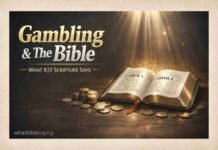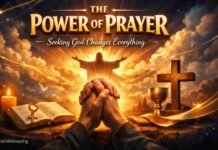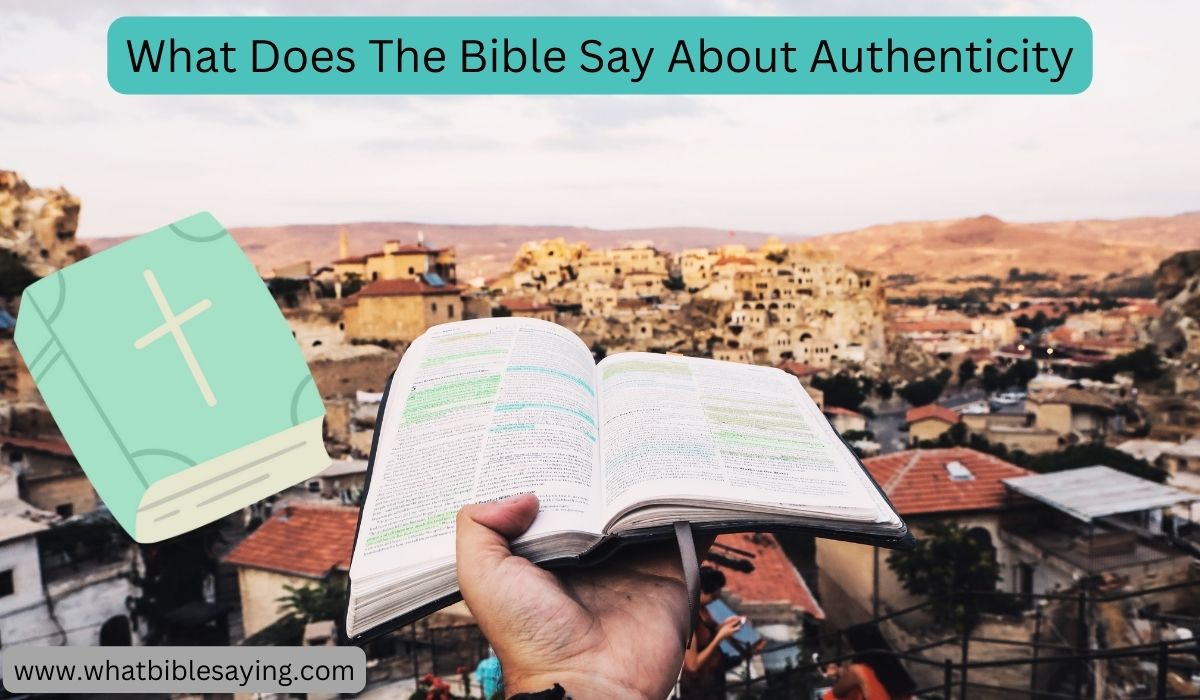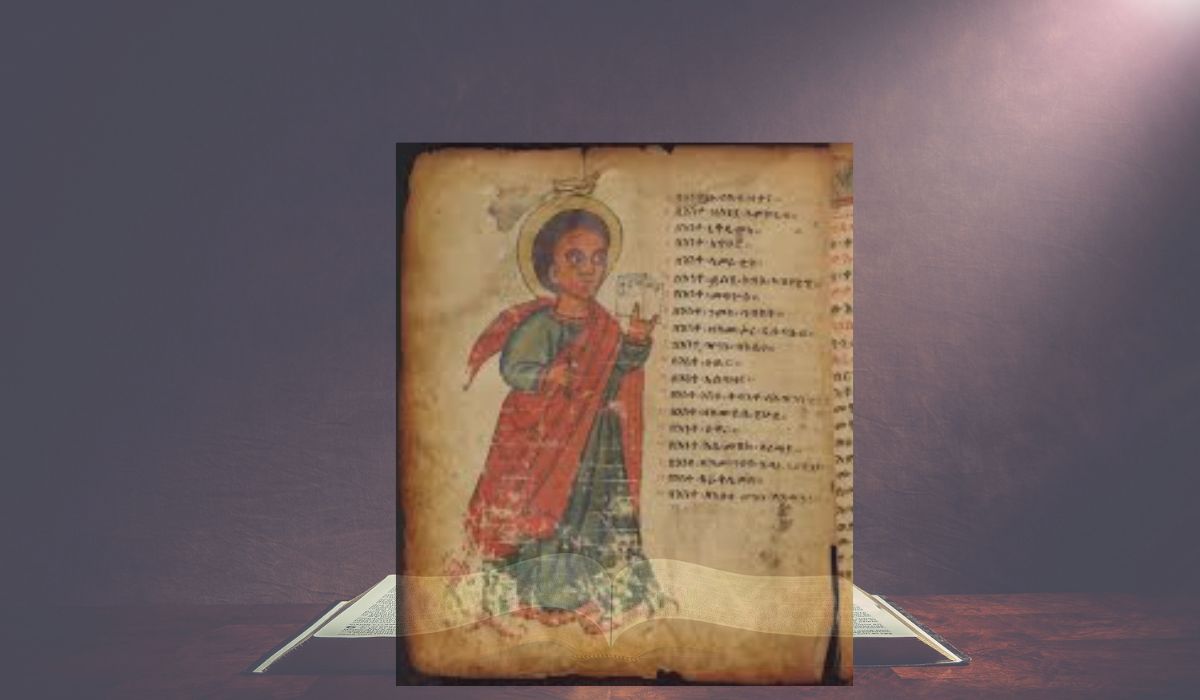 If you’ve ever held a Bible and wondered, Where do I even begin?, you’re not alone.
If you’ve ever held a Bible and wondered, Where do I even begin?, you’re not alone.
That feeling that mix of curiosity, hope, and maybe even intimidation, is something many of us have felt. The Bible isn’t just a book; it’s a library of stories, poems, prophecies, and teachings that stretch across centuries. It’s rich, layered, and deeply meaningful but that can also make it feel overwhelming.
Don’t think of the Bible as some kind of exam. It’s more like a love letter meant to be read slowly, felt deeply, and treasured over time. You just need a willing heart and a few simple steps to get going.
In this guide, I’ll walk you through where to start when studying the Bible, especially if you’re a beginner. Whether you’re seeking truth, building your faith, or just curious, you’ll find a path forward that feels manageable, personal, and real.
Why People Struggle to Start Reading the Bible
Let’s get this out of the way: if you’ve tried to start before and stopped, you’re not a failure. You’re human.
Many people make the mistake of starting from page one Genesis and expecting to read it straight through like a novel. While Genesis is a powerful book full of origin stories, what comes next Leviticus, Numbers, and so on can feel confusing, repetitive, and even discouraging if you’re not ready.
Or maybe you’ve opened up to a random verse, hoping for divine direction, only to land in a list of genealogies or ancient battle details.
It’s okay. The Bible wasn’t written like a modern-day self-help book or fantasy story. It’s more like a series of letters, biographies, journal entries, songs, and divine conversations. Understanding how to approach it can make all the difference.
How Should a Beginner Study the Bible?
Before we get into where to start, let’s talk about how to approach Bible study as a beginner.
Here are a few things that helped me (and countless others) get going:
Start with a clear heart, not a perfect plan. You don’t need to understand everything. You just need to be open to learning.
Set small, consistent goals. Even reading one chapter a day can bring deep insight over time.
Choose a readable translation. Versions like the New Living Translation (NLT) or English Standard Version (ESV) are easier to understand without losing meaning.
Pray before you read. Just a simple, honest prayer like, “God, help me understand Your Word today,” can open the door to deeper connection.
Use a journal. Try jotting down your thoughts in a journal—it can really help connect what you’re reading to what you’re living.
This isn’t a race. Read with the goal of growing, not just getting to the end.
Where Should a Beginner Start in the Bible?
This question comes up a lot: What book of the Bible should I start studying first?
Here are a few excellent starting points:
1. The Gospel of John – Meet Jesus Personally
If your goal is to get to know Jesus, the Book of John is a beautiful place to begin. It tells the story of His life, teachings, miracles, and ultimate sacrifice but with a more intimate, relational tone.
“But these are written that you may believe that Jesus is the Messiah, the Son of God…” – John 20:31
Why it’s great for beginners:
It’s easy to understand.
It focuses on love, truth, and eternal life.
You’ll see who Jesus really is not just as a historical figure, but as the living Savior.
2. Genesis – Understand the Beginning
Genesis literally means “beginning.” It’s the foundation for everything that comes after.
You’ll read about:
Creation
Adam and Eve
Noah and the flood
Abraham’s faith
Joseph’s journey from slavery to leadership
Sure, some parts might feel old-school or hard to relate to, but they set the stage for everything else in the Bible.
3. Psalms – When You Need Comfort or Encouragement
Feeling lost, anxious, or overwhelmed? The Psalms are like a spiritual diary raw, emotional, poetic, and real.
You’ll find:
Honest prayers of despair
Joyful songs of praise
Deep cries for help
Even if you don’t understand the theology, you’ll feel the heart behind it.
4. Proverbs – Daily Wisdom You Can Use Right Now
Want practical advice? Proverbs is packed with short, wise sayings that touch everyday life.
Topics include:
Friendship
Money
Words and speech
Work ethic
Choices and consequences
Many people read one chapter of Proverbs a day there are 31 chapters, perfect for a month of daily reading.
How to Study the Bible for Yourself
Now that you know where to start, let’s talk about how to actually study the Bible beyond just reading it.
Here’s a simple 4-step method:
1. Observe – What does the passage say?
Who is speaking?
What’s happening?
Are there repeated words or phrases?
2. Interpret – What does it mean?
Why is this happening?
What does it teach me about God, humanity, or life?
3. Apply – How does this relate to me?
Is there a command to follow?
A warning to consider?
A promise to hold onto?
4. Pray – Respond to what you’ve learned.
Thank God.
Ask for help applying what you’ve read.
Share your heart.
This approach keeps you grounded and helps Scripture speak to your real-life situations.
Where to Start Reading the Bible to Get Closer to God
If your heart’s cry is, I just want to be closer to God, I get that. So many of us want more than head knowledge we want relationship.
Here are a few tips to deepen that connection:
Start with the Gospels (John, Matthew, Luke, Mark). They show you who Jesus is.
Read slowly, not quickly. Meditate on one verse if needed.
Ask questions like: What is God saying to me here? What do I learn about His character?
Memorize short verses. They stick with you and guide your day.
Journal your thoughts. This keeps your heart engaged, not just your eyes.
And remember, closeness with God isn’t measured in pages. It’s found in the moments you sit with Him, even quietly.
How to Start a Bible Study Group for Beginners
Thinking about inviting others to join you? That’s a beautiful next step.
Here’s how to start a beginner-friendly Bible study group:
Gather 2–5 friends or family members. Even just one other person is enough.
Pick a simple plan or book. Start with the Book of John, or use a free Bible study guide from websites like The Bible Project or YouVersion.
Meet regularly. Once a week for an hour is a great rhythm.
Keep it casual. Sit in a circle, grab coffee or tea, and share thoughts freely.
Encourage questions. Seriously ask anything. The Bible welcomes curiosity
Pray together. Even short, honest prayers can bond your group.
The beauty of group study? You grow in faith together. You’ll hear insights you never would’ve seen on your own.
Tools to Help You Get Started
Here are a few simple tools that can make your Bible study easier and more rewarding:
YouVersion Bible App – Read in different translations, follow reading plans, and even listen to audio Bibles.
BibleProject.com – Watch beautifully animated videos that explain books and themes of the Bible.
The Bible Recap Podcast – A daily 8-minute summary that pairs with a reading plan.
ESV Study Bible or NLT Life Application Bible – These have footnotes, maps, and helpful insights.
A notebook or journal – You’ll want to jot down thoughts, prayers, or those little ‘aha!’ moments that pop up
A Personal Word: Don’t Worry About Doing It Perfectly
I’ve spoken with countless people who started studying the Bible and said things like:
“I don’t get it.”
“I’m not smart enough.”
“I keep forgetting to read.”
“I feel like I’m failing.”
And to every one of them, I say this: God is not grading you. He’s inviting you.
The Bible is not a test it’s a love letter. And love grows one day at a time.
If all you do today is read one verse and pause to think about it, that’s a win.
Final Encouragement:
So, where do you start when studying the Bible?
You start with your heart open.
You start with one book maybe John or Psalms.
You start by showing up, day after day, not to master a book, but to meet with the One who wrote it.
Whether you’re reading alone, in a group, or still figuring it all out, trust this: God sees your desire, and He’ll meet you right where you are.












